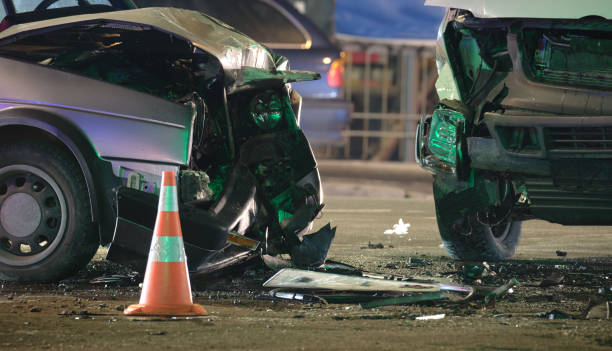Feel Fine After Your Car Accident? Here’s Why Medical Professionals Say You Should Still Get Checked
Being involved in a car accident can be a jarring experience, even if it seems minor at first glance. While you might feel perfectly fine immediately after the collision, medical professionals strongly emphasize one crucial piece of advice: see a doctor after a car accident, regardless of how you feel. This recommendation isn’t just cautionary – it’s based on years of medical evidence showing how accident injuries can develop days or even weeks after the incident.
Why You Might Feel Fine Right Now
The human body is remarkably adaptive, especially in stressful situations. During an accident, your body releases a surge of adrenaline and endorphins – natural stress hormones that can effectively mask pain and injury. This biological response, while helpful in emergency situations, can unfortunately hide symptoms of serious injuries that require immediate medical attention.
Think of it like this: your body’s immediate response to trauma is similar to a car’s warning light system. Sometimes, the warning lights don’t illuminate until well after the problem has begun developing. By then, what could have been a simple fix might have evolved into a more complex issue.
Hidden Injuries That Can Surface Later
Medical professionals frequently encounter patients who develop serious symptoms days after their accidents. Some of the most common delayed-onset injuries include:
Whiplash and Neck Injuries
- Stiffness and pain that develops 24-48 hours after the accident
- Reduced range of motion in the neck and shoulders
- Headaches that worsen over time
Concussions and Brain Injuries
- Difficulty concentrating or remembering things
- Changes in sleep patterns
- Unexplained mood swings or irritability
- Persistent headaches
Soft Tissue Injuries
- Bruising that appears days later
- Gradual onset of pain and stiffness
- Limited mobility that worsens over time
The Critical Window of Opportunity
The first 72 hours following an accident are crucial for several reasons. First, some injuries, if left untreated, can develop into chronic conditions that are much harder to treat. Second, prompt medical attention creates a clear link between your accident and any injuries, which becomes vital if you need to file an insurance claim or seek compensation for medical expenses.
Legal Implications of Waiting
Insurance companies often view delayed medical treatment skeptically. If you wait too long to seek medical attention, they might argue that your injuries aren’t related to the accident or aren’t as serious as you claim. This can significantly impact your ability to receive fair compensation for your injuries and medical expenses.
What to Watch For
Even if you feel fine initially, be alert for these warning signs in the days following your accident:
- Headaches that develop or worsen
- Dizziness or balance problems
- Numbness or tingling in any part of your body
- Changes in vision or hearing
- Difficulty sleeping or concentrating
- Unexplained mood changes
- Back or neck pain
- Abdominal pain or swelling
Your Medical Visit: What to Expect
During your post-accident medical examination, your doctor will:
- Perform a thorough physical examination
- Document any visible injuries
- Order appropriate diagnostic tests (X-rays, CT scans, etc.)
- Create a treatment plan if necessary
- Provide documentation of your visit and findings
Taking Action: Next Steps
If you’ve recently been in a car accident, don’t wait for symptoms to appear. Schedule a medical examination as soon as possible. Keep detailed records of any symptoms that develop, no matter how minor they might seem. Take photos of any visible injuries and keep copies of all medical documentation.
Remember, seeking medical attention isn’t just about treating current symptoms, it’s about preventing future complications and protecting your health and legal rights. Many accident victims who initially declined medical attention later regret that decision when symptoms develop days or weeks later.
The bottom line? Medical professionals unanimously agree that it’s better to be cautious and get checked out after an accident, even if you feel fine. The peace of mind alone is worth the time investment, and you’ll have documentation of your medical condition should you need it later. Your health is too important to leave to chance, and what seems like an unnecessary medical visit today could prevent serious complications tomorrow.

